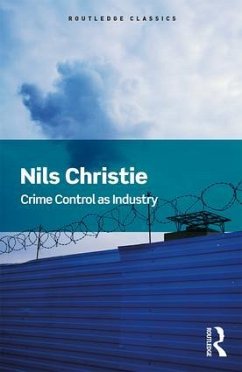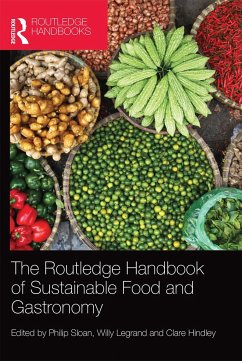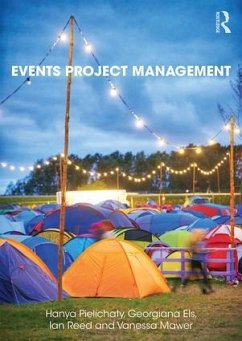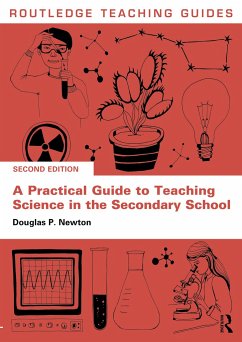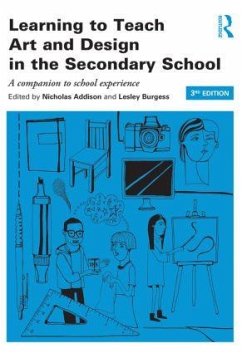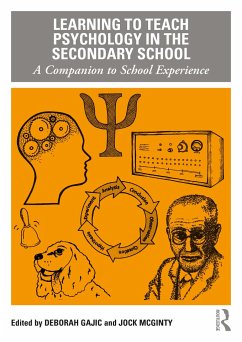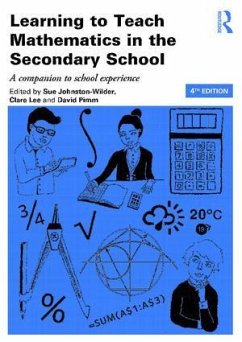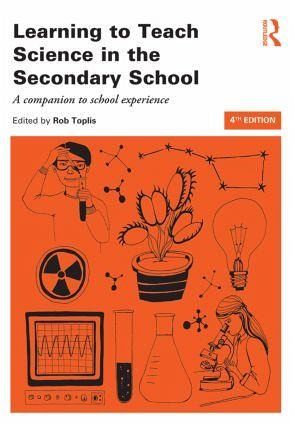
Learning to Teach Science in the Secondary School
A Companion to School Experience
Herausgeber: Toplis, Rob
Versandkostenfrei!
Versandfertig in über 4 Wochen
65,99 €
inkl. MwSt.

PAYBACK Punkte
33 °P sammeln!
Learning to Teach Science in the Secondary School is an indispensable guide to the process and practice of teaching and learning science. This fourth edition has been fully updated in the light of changes to professional knowledge and practice and revisions to the national curriculum.



